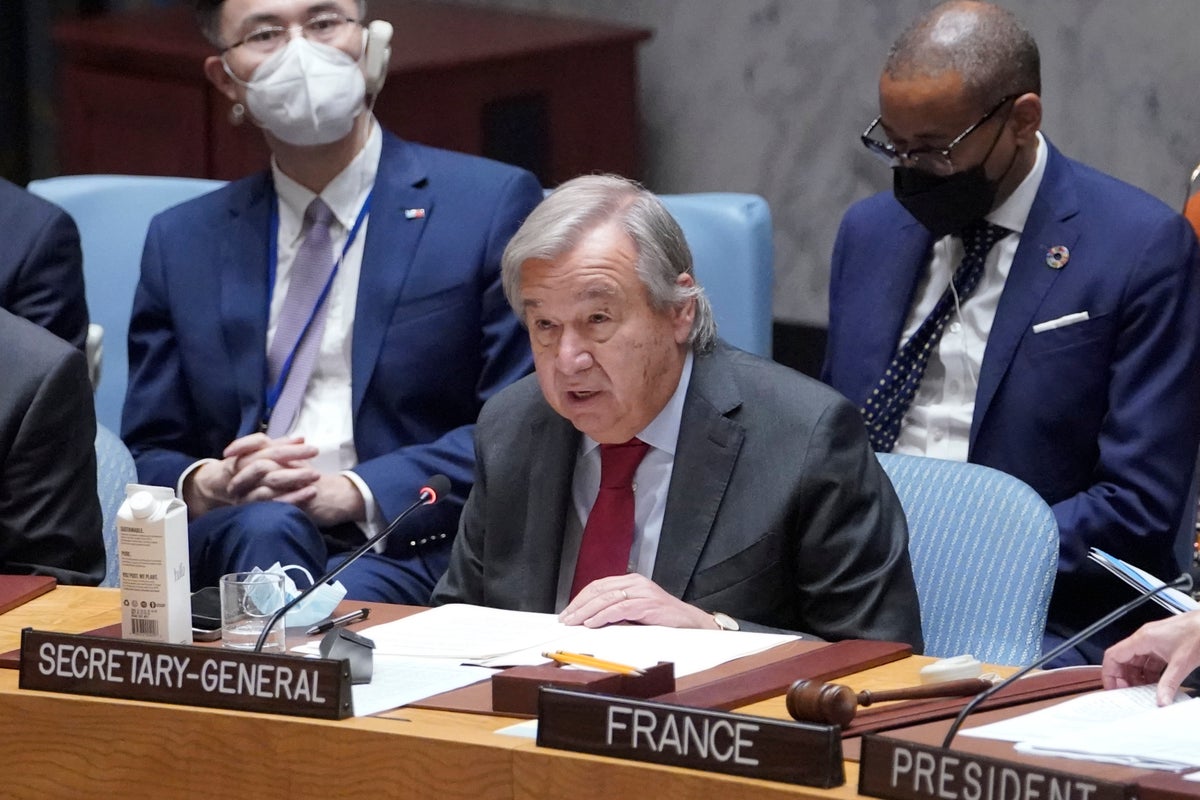
Secretary-General Antonio Guterres sent a letter to finance ministers and central bankers from the world’s 20 leading economies Thursday urging they change course and steer a global economic recovery that includes developing countries hit hard by the COVID-19 pandemic, the impact of the war in Ukraine and escalating climate emergencies.
The U.N. chief said in the letter ahead of the Group of 20 summit in the Indonesian resort of Bali next month that these world events along with the rising cost of living, tightening financial conditions, and unsustainable debt burdens “are wreaking havoc on economies across the globe.”
“The impact of these compounding shocks on developing countries is further exacerbated by an unfair global financial system that relies on short-term cost-benefit analyses and privileges the rich over the poor,” he said.
Guterres said immediate efforts must be made “to end the cost-of-living emergency and increase liquidity in developing countries.”
Urging the G20 to abandon the status quo, he said the U.N. system and its partners have proposed a “stimulus” to address deteriorating market conditions and accelerate progress toward U.N. development goals for 2030 that include ending extreme poverty, ensuring a quality education for all children, and achieving gender equality.
The stimulus calls for “a massive increase in public sector commitments towards development, humanitarian and climate mitigation and adaptation by just 2% of global gross domestic product (GDP),” the secretary-general said.
It consists of five recommendations: immediately enhancing debt relief for vulnerable countries, leveraging better lending from development banks, involving private bondholders and sovereign debtors in debt relief efforts, bolstering liquidity for vulnerable countries through enhanced use of special drawing rights, and aligning financial flows with the U.N. goals and 2015 Paris agreement on climate change, he said.
“Now more than ever,” Guterres said, “the leadership of the G20is needed to steer the world out of its deepest crisis.”







